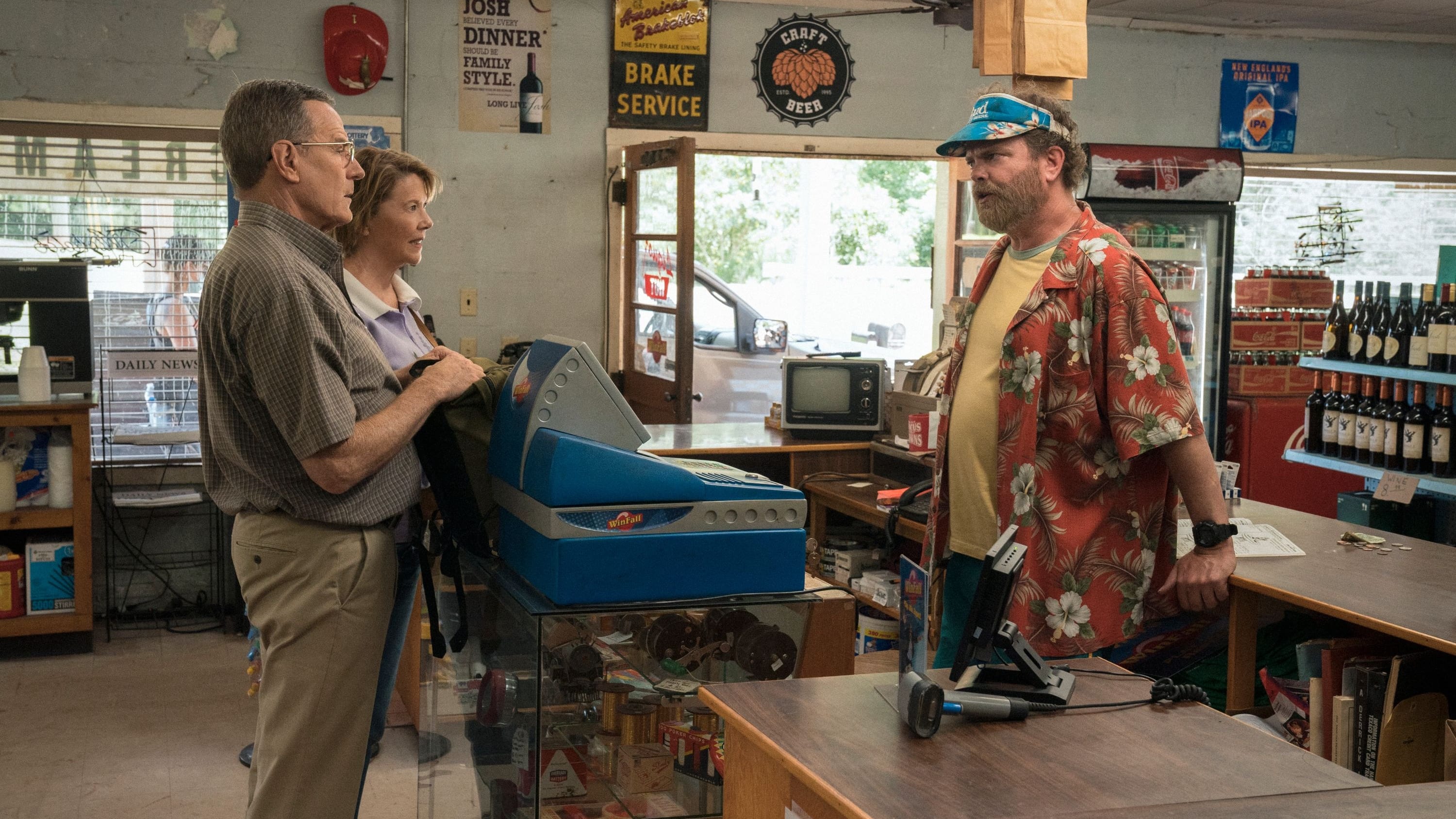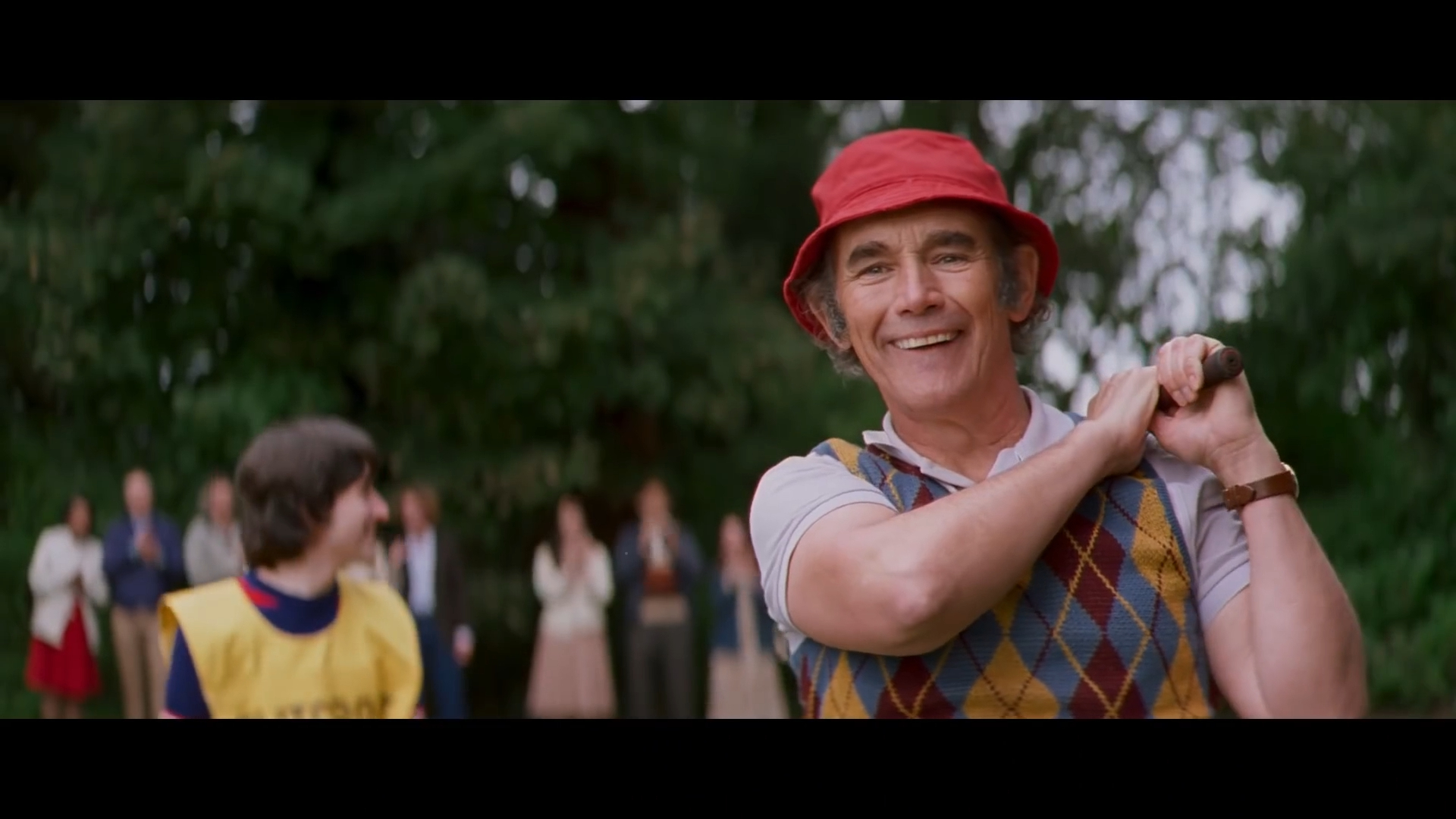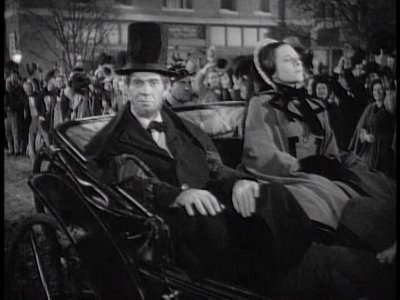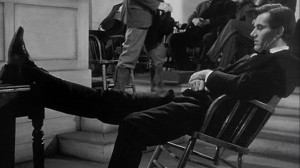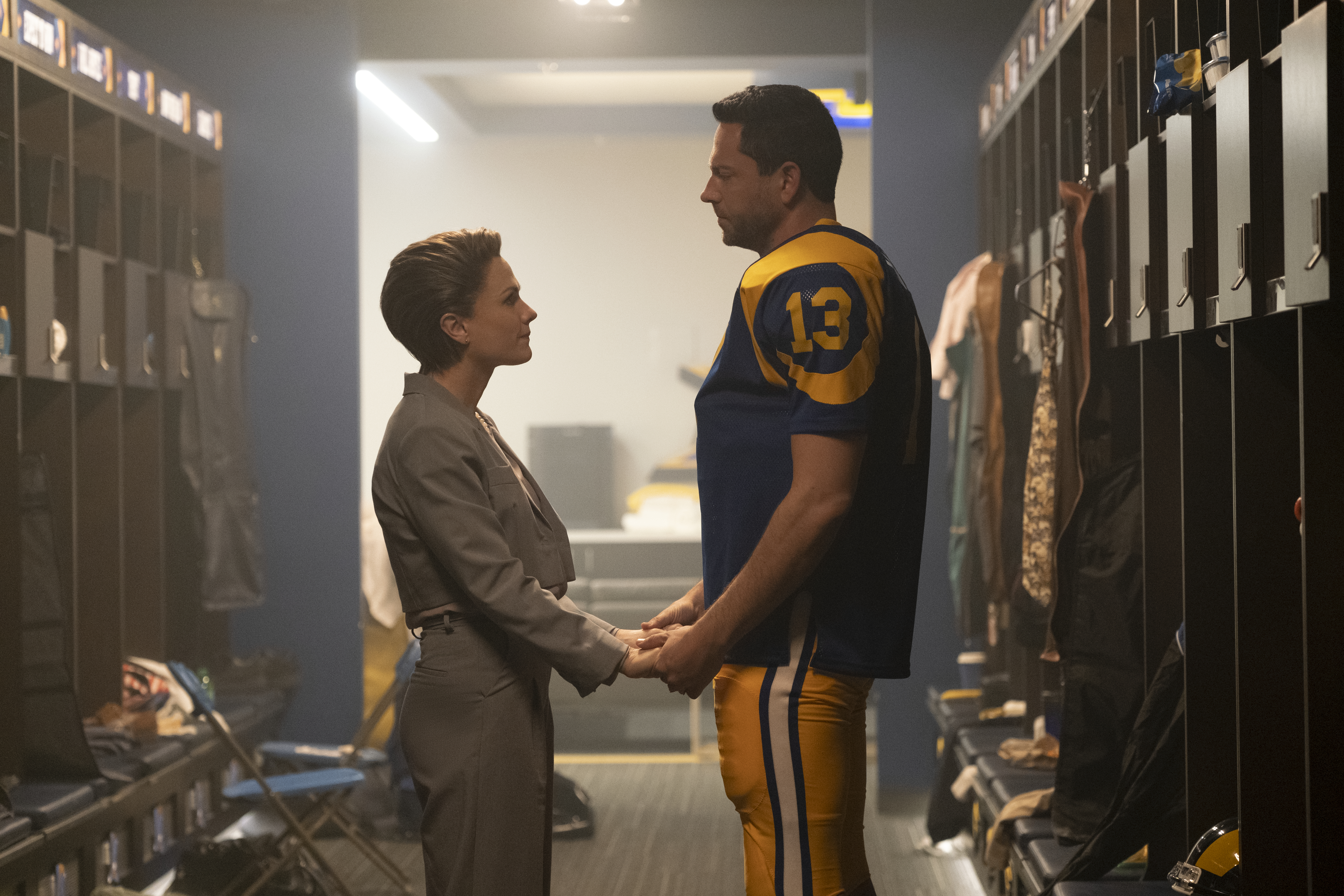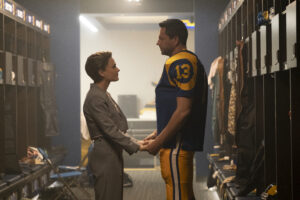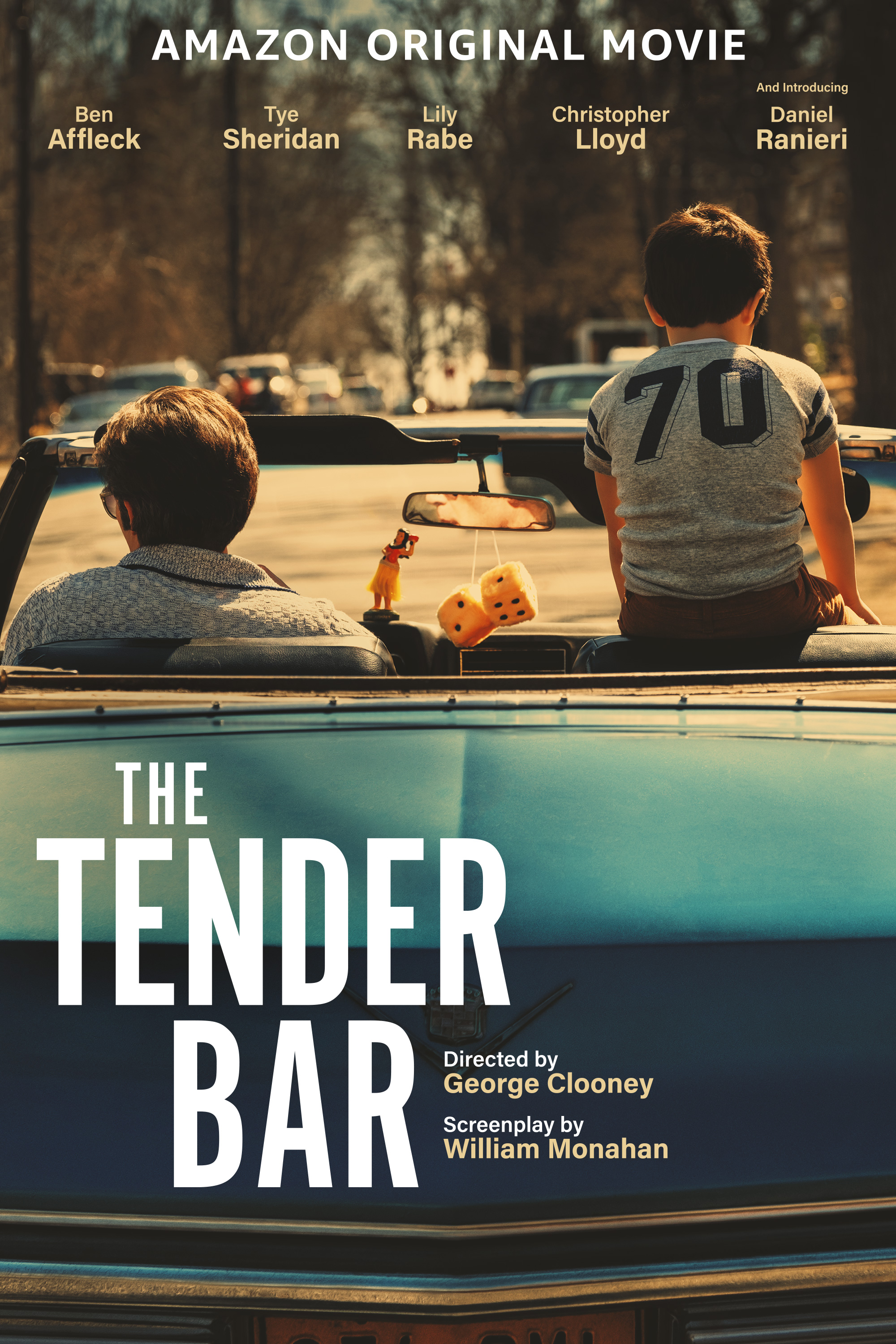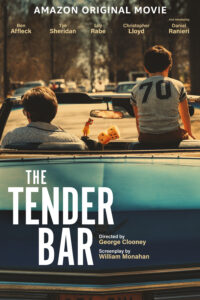Jerry and Marge Go Large
Posted on June 16, 2022 at 5:24 pm
B +| Lowest Recommended Age: | Middle School |
| MPAA Rating: | Rated PG-13 for for some language and suggestive reference |
| Profanity: | Some strong language |
| Alcohol/ Drugs: | Some alcohol |
| Violence/ Scariness: | Some confrontations |
| Diversity Issues: | None |
| Date Released to Theaters: | June 17, 2022 |

It really happened. Bryan Cranston and Annette Bening play Jerry and Marge. In the film, he is forced to retire after 42 years working as a line manager at a cereal company and he has no idea what to do with his time. “I don’t have any regular clothes,” he says. His children give him a fishing boat as a retirement gift. “Do I like fishing?” he asks Marge.
Jerry has spent his whole life on “must do.” He never had a chance to think about “love to do” or even “want to do.” He does like math, though. He does Sudoku puzzles for fun. And one day, when a new state lottery called Winfall is announced, he realizes that the state lottery commission has miscalculated. This next part is a little math-y, but it won’t last long. Normally, if no one wins the lottery, the prize money rolls over, which is how you get these gigantic Powerball payouts. But they did something different with the Winfall. If no one had all the numbers right, there was a “roll down” and the prize money went to the people who got most of the numbers. Jerry did the math and figured out that he could get enough numbers right to guarantee a win if he bought enough tickets.
At first, he does not tell Marge. But when she finds out, she is delighted. It is not about the money. She wants to feel excited about something and she wants them to have an adventure together. “I want to have fun,” she says. “Let’s be a little stupid. We got married when we were 17 so we know how to do it. I’d rob a bank if it gives us something to talk about.”
And so they are off on an adventure, with the help of friends, including a scruffy convenience store manager (Rainn Wilson) and an accountant (Larry Wilmore). And there is a villain, a smart student who spotted the same loophole and wants all of the lottery winnings.
Cranston and Bening bring magnetism, chemistry, and wit to the central relationship. Some might overlook this quiet, retired couple, but that does not include their community or those of us who enjoy seeing unassuming, good people get what they deserve and share what they get with those they love.
Parents should know that this movie has some strong language, college student misbehavior, and suggestive references.
Family discussion: What would you do with $26 million? When has math been helpful to you?
If you like this, try: “You Can’t Take It With You” and “Mr. Deeds Goes to Town” (the original version starring Gary Cooper)

